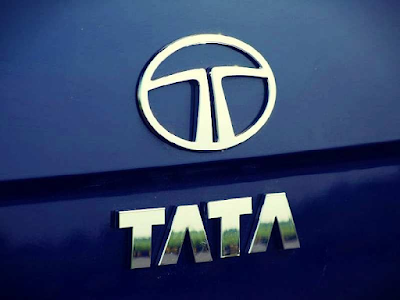 |
| Source - TATA |
A Family-Driven Legacy
Unlike many large corporations, the Tata Group has remained firmly rooted in family control. The Tatas have a long tradition of passing the baton from one generation to the next, ensuring continuity and stability. However, the dynamics of succession have evolved over time, reflecting the changing landscape of business and society.
The Role of the Trusts
Central to the Tata Group's succession plan are the trusts. The Sir Dorabji Tata Trust and the Sir Ratan Tata Trust, established in 1932 and 1933 respectively, hold a significant stake in the Tata Group. These trusts play a crucial role in appointing the chairman, ensuring that the leadership aligns with the group's values and objectives.
The Search for a Suitable Heir
The process of selecting a new chairman is a meticulous one. The trusts typically evaluate potential candidates based on a range of criteria, including:
Family lineage: While the family connection is important, it's not the sole determinant. The candidate must demonstrate a deep understanding of the group's history and values.
Business acumen: The chairman needs to possess strong business acumen and a proven track record of success.
Leadership qualities: Effective leadership is essential to navigating the complexities of a global conglomerate. The candidate should be able to inspire and motivate employees.
Ethical values: The Tata Group has a strong commitment to ethical business practices. The chairman must uphold these values and ensure that they are embedded throughout the organization.
Recent Succession Dynamics
In recent years, the Tata Group has experienced significant changes in leadership. Ratan Tata, who served as chairman for over two decades, stepped down in 2012. Cyrus Mistry, an outsider, was appointed as his successor. However, Mistry's tenure was short-lived, as he was ousted from the position in 2016.
The removal of Mistry sparked a high-profile legal battle and raised questions about the future of the Tata Group. Ultimately, N Chandrasekaran, an internal candidate with a strong track record in the information technology sector, was appointed as the new chairman.
Challenges and Opportunities
The Tata Group faces a number of challenges in the years ahead. The global economy is volatile, and competition is intense. The group must also adapt to rapidly changing consumer preferences and technological advancements.
However, the Tata Group also has significant opportunities. Its strong brand, diverse portfolio, and deep-rooted relationships can provide a solid foundation for future growth. The right leadership will be crucial to navigating these challenges and seizing these opportunities.
Who Could Be the Next Chairman?
Speculation about the next Tata chairman is rife. While there is no clear frontrunner at this time, several names have been mentioned in the media. These include:
Ratan Tata's half-brother Noel Tata: Noel Tata has been a key figure in the group and has served on the boards of several Tata companies.
Ratan Tata's adopted son, Gurcharan Tata: Gurcharan Tata has a background in technology and has been involved in the group's digital initiatives.
N Chandrasekaran's successor: While Chandrasekaran is still relatively new to the role of chairman, his performance will undoubtedly influence the succession planning process.
Ultimately, the decision of who will succeed N Chandrasekaran will be made by the trusts. The process is likely to be a careful and deliberate one, taking into account the long-term interests of the Tata Group and its millions of stakeholders.
The Tata succession is a complex puzzle with no easy answers. The group's future depends on the ability of its leaders to balance tradition with innovation, and to ensure that the Tata legacy continues to thrive in the years to come.
Written by - Anushka Dabhade
This article has been authored exclusively by the writer and is being presented on Eat My News, which serves as a platform for the community to voice their perspectives. As an entity, Eat My News cannot be held liable for the content or its accuracy. The views expressed in this article solely pertain to the author or writer. For further queries about the article or its content you can contact on this email address - anushka.author16@gmail.com










0 Comments